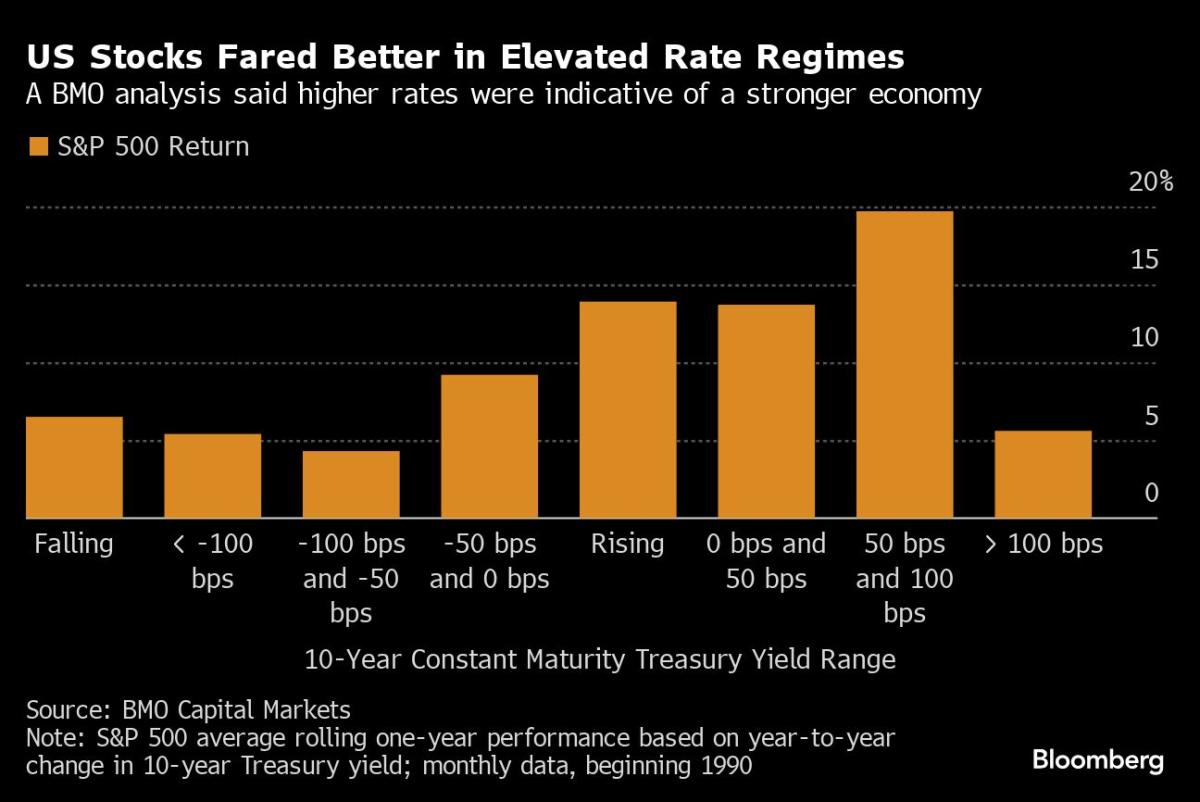
In recent days, the US dollar has experienced a surge, leading to most Asian currencies dropping significantly against it. The Japanese yen and Korean won have fallen by 9% and 6% respectively, while the Indian rupee, Vietnamese dong, Indonesian rupiah, and Malaysian ringgit are also at their weakest levels in years (1).
Despite Pakistan's currency remaining unaffected thus far, higher Fed rates are preventing the State Bank of Pakistan (SBP) from lowering interest rates despite falling inflation. This situation has raised concerns among economists and financial analysts regarding the potential impact on emerging markets and their currencies (2).
The US Federal Reserve's decision to delay anticipated rate cuts due to stronger March inflation numbers and lingering conflict in the Middle East is causing capital outflows from these countries, leading to a tumbling of their currencies against the greenback (1).
Meanwhile, in other news, stocks have been mixed following Wall Street's tumble. Some companies like 3M and Eli Lilly reported stronger results and revenue than forecasted in Q1 2023, leading to a rise in their stock prices (3). However, others such as GE Healthcare Technologies and F5 experienced disappointing profit reports, causing their stocks to decline.
The US dollar's strength has also led to a rise in Treasury yields and pressure on the bond market. Additionally, concerns about higher-for-longer US interest rates have caused a risk-off mood among investors (4).
It is important to note that all sources should be considered with skepticism due to potential biases. For instance, some media outlets may favor certain political ideologies or economic systems, which could influence their reporting on these topics (5).

